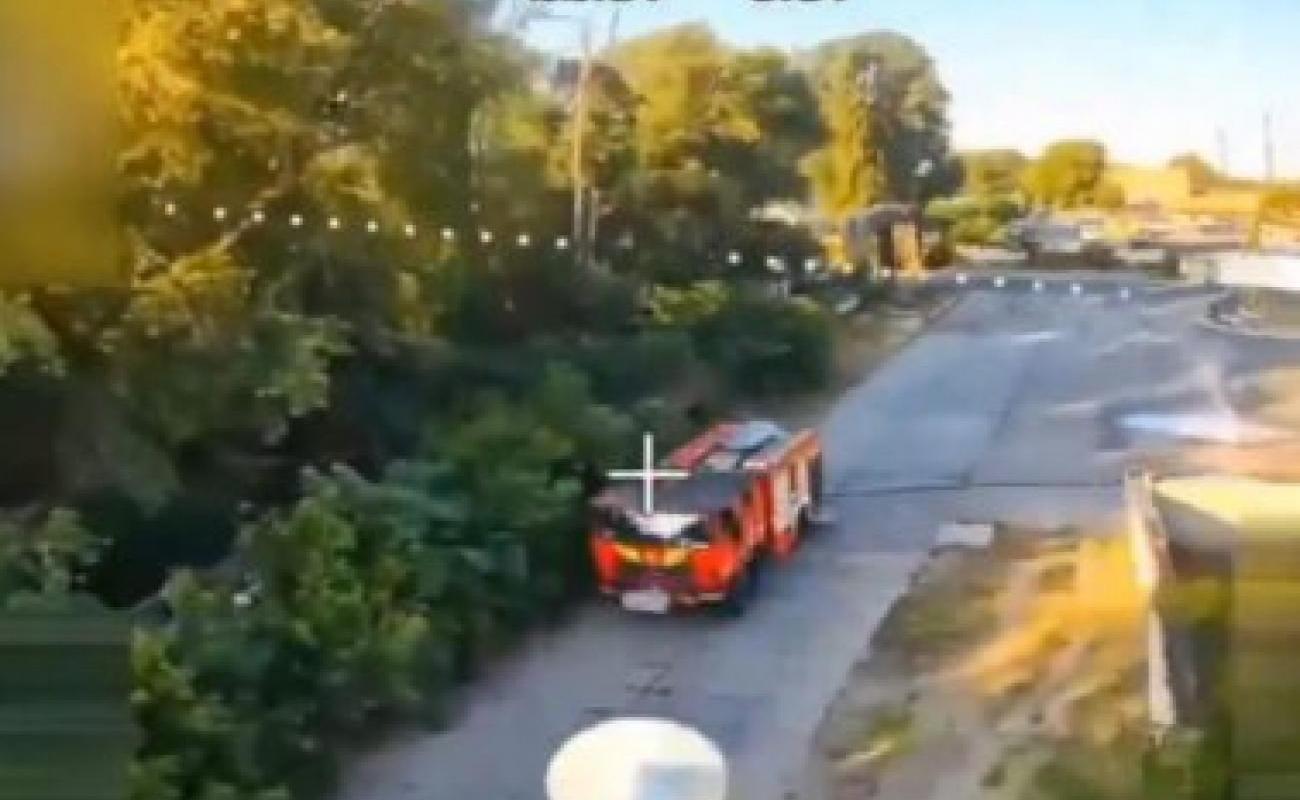UN traces Kherson’s “human safari” up the chain of command — to Putin himself

Erik Møse, Chair of the UN Commission of Inquiry on Ukraine, which has declared Russia’s drone terror a crime against humanity, explains how investigators traced a direct chain of command—from drone operators on the Dnipro’s left bank to the Kremlin itself.
On 11 November 2025, Ukraine marks the third anniversary of Kherson's liberation. Three years since residents celebrated freedom in the streets. Three years since Russian troops withdrew across the Dnipro River.
But for Khersonians, liberation brought a new nightmare. This week, Angelina Jolie visited Kherson and described what she found: "The threat of drones was a constant, heavy presence. You hear a low hum in the sky. It's become known locally as a 'human safari,' with drones used to track, hunt, and terrorize people, constantly."
The UN Independent International Commission of Inquiry on Ukraine this week released its latest findings, documenting Russia's deliberate drone attacks on civilians in Kherson, Dnipropetrovsk, and Mykolaiv oblasts. President Volodymyr Zelenskyy also announced a new anti-drone program designed to protect Kherson and prevent further attacks.
Euromaidan Press interviews Erik Møse, Chair of the UN Independent International Commission of Inquiry on Ukraine.
The UN mission and what investigators found
The UN Independent International Commission of Inquiry on Ukraine visited Kyiv from 2 to 6 November 2025.
Established by the UN Human Rights Council to investigate violations of human rights and humanitarian law in Russia's war against Ukraine, the Commission used this mission to deepen its investigations, gather further information, and exchange views with officials.
The Commissioners Erik Møse (Chair), Pablo de Greiff, and Vrinda Grover met with representatives of the Ministry of Foreign Affairs, the Prosecutor General's Office, the Ombudsperson, NGOs, and victims of the Russian war of aggression.
Since 2022, the Commission has carried out 26 visits to Ukraine and neighboring countries, publishing nine reports documenting Russian war crimes and violations. It has also recorded limited violations by Ukrainian forces, such as indiscriminate attacks and mistreatment of alleged collaborators, though some allegations remain unverified due to access restrictions.
Due to resource constraints, the Commission did not visit Kherson, Dnipropetrovsk, Mykolaiv or Zaporizhzhia oblasts during this mission.
In an interview with Euromaidan Press, Commissioner Erik Møse noted that the team's investigations did not depend on physical access. The Commission relied on other methods of verification, including remote evidence collection and collaboration with local sources.
Its two latest reports, released in May and October 2025, contain extensive documentation, including the identification of perpetrators, both individuals and entities.
What the report documents: crimes against humanity of murder and forcible transfer
In its report to the UN General Assembly submitted on 27 October 2025, based on the "reasonable grounds to believe" standard, the Commission found that Russian forces carried out short-range drone attacks on the Ukrainian-controlled west bank of the Dnipro River and Russian authorities systematically coordinated the deportations and transfers of Ukrainian civilians from the occupied areas of the Zaporizhzhia Oblast.
The Commission has concluded that the Russian armed forces committed crimes against humanity of murder and forcible transfer of population.
The Commission has documented and found crimes against humanity in the cases of short-range drone attacks, as opposed to other types of drone attacks, such as long-range ones. It is important to distinguish between the long-range and short-range drones, as it is the short-range that Russian forces use to target and hunt civilians.
The report is based on findings drawn from a public library of evidence, including 247 geolocated incidents. The Commission interviewed 117 women and 109 men, both in person and remotely, to substantiate the findings.
